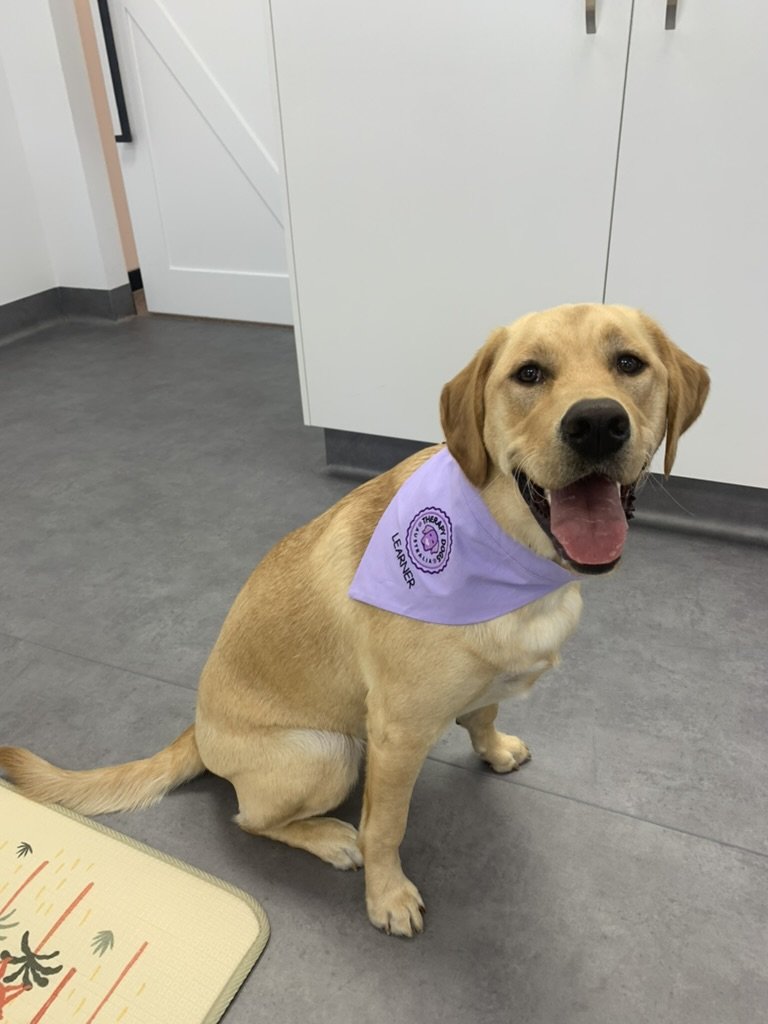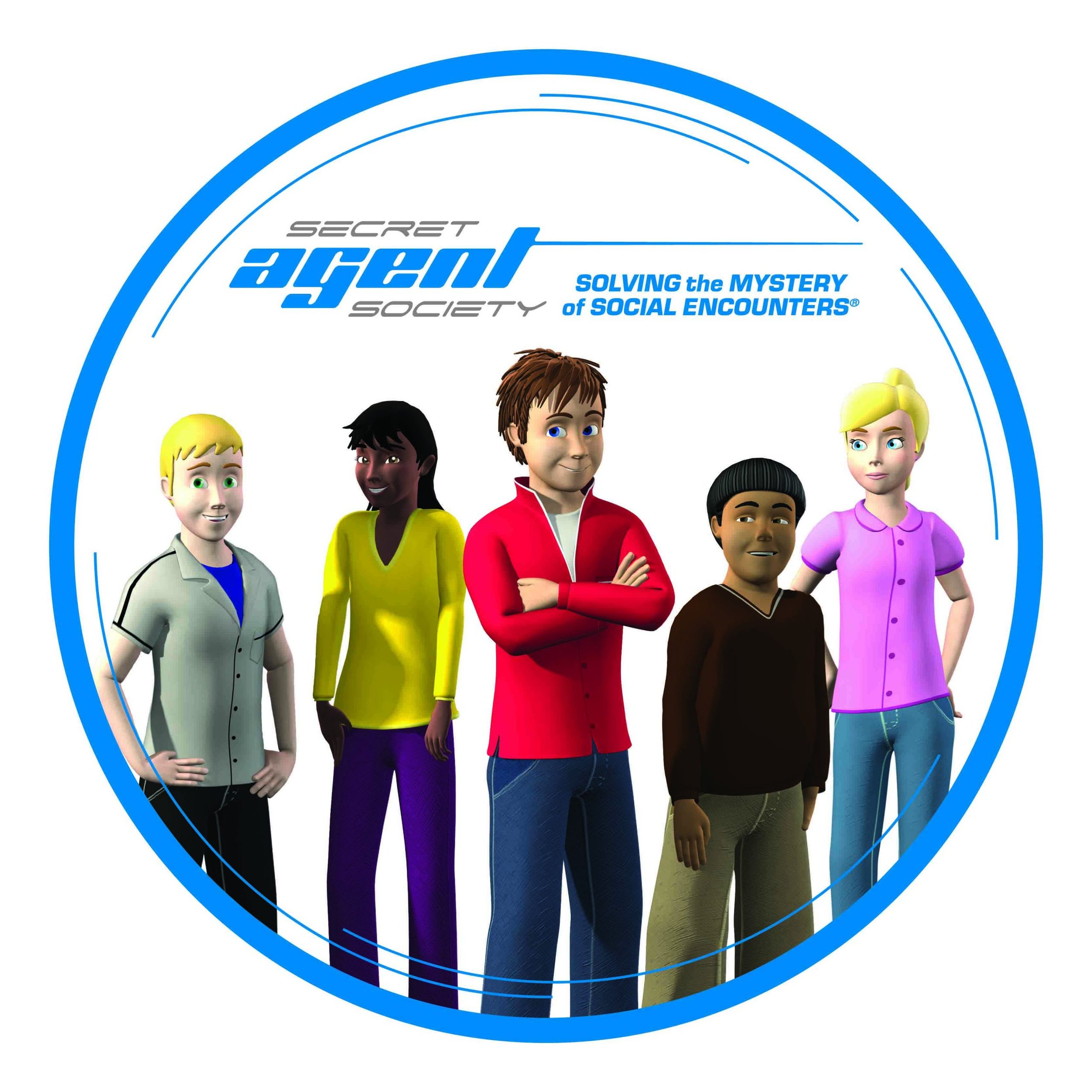
Striving to provide meaningful therapeutic assessment and intervention
Who do we work with?
At Creative Minds Therapy we are a Speech Pathology and Occupational Therapy based service providing services to children and young adults with or without diagnoses, including, Autism Spectrum Disorder, Attention Hyperactivity Disorder, Obsessive Compulsive Disorder, Sensory Processing Disorder, Global Developmental Delay and more. It should be noted that often children who come to Creative Minds Therapy are at the beginning of their journey and may not have a diagnosis. Children may be seen for areas in which they are having challenges with to assist with their skills e.g. for getting ready for school. We value that each child is unique and that goals may differ depending on the child.
What is a paediatric Occupational Therapist?
A paediatric Occupational Therapist aims to support children and their families to work towards goals which target participation in their ‘activities of daily living,’ such as fine and gross motor skills, sensory processing, emotional regulation, self-care skills, handwriting, social and play skills and more.
What is a paediatric Speech Pathologist?
A paediatric Speech Pathologist aims to support the assessment, diagnosis and treatment of various communication disorders. This includes difficulties with speaking (expressive language), listening/understanding (receptive language), reading, writing, speech sounds, social skills and stuttering.
What we offer…
-

Animal Assisted Therapy
Animal assisted services is a tool used within therapeutic context to assist children to feel calm and regulated within therapy sessions. In addition, animal assisted services aim to motivate and engage a child in therapy to target client and family focused goals. Further, the animal can be seen as an asset to reach these goals. At Creative Minds Therapy, animal assisted services (canine only) will be incorporated in Occupational Therapy sessions, if agreed to do so, to assist with a child’s participation and quality of engagement within therapy sessions.
At Creative Minds Therapy we have a therapy dog that works with Ms. Abby, Kora, who can help with the following:
Decrease cortisol (stress hormone) and increase serotonin (happy hormone) levels.
Tool to relax/calm the child within entering the therapeutic context (assist with anxiety levels).
Motivate a child to complete tasks to be able to reach a goal.
Relieve the ‘pressure’ or ‘focus’ within the therapeutic context from the child to Kora.
Provide proprioceptive input along with sensory integration/experience.
Assist with improvement of verbal communication and social interaction.
We recognise that animal assisted services may not be suitable for you and your child within a therapeutic setting in which procedures will be put in place to ensure your family may not wish to incorporate Kora into the sessions. Please feel free to discuss further with Ms. Abby should you require any further information.
-

Hanen Training
Are you wondering how to best support your child's talking skills? Did you know that you can also be in the driver’s seat when it comes to supporting your child’s language development? Research shows that children learn to communicate best during everyday interactions with the important adults in their lives, and that parents are in the best possible position to build their child’s communication. They just need to learn how Miss. Adriana is a Hanen Certified Speech-Language Pathologist! She has received specialised training from The Hanen Centre and can implement the below program in 1:1 and group sessions. See below for more details!
It Takes Two to Talk is a program for parents of children (birth to 5) who have language delays.
It Takes Two to Talk recognises:
in the importance of involving parents in their child’s early language intervention.
the need to help children and families as early as possible in a child’s life.
This evidence-based program, which was developed by The Hanen Centre, is well known around the world. Studies on the It Takes Two to Talk Program have shown that it is effective and that, when parents learn to use the program’s strategies, their children’s communication skills improve. The principal aim of a Hanen program is to help families support their child’s communication goals during the everyday situations that are already happening in the child’s life. In this way, parents aren’t left feeling they have to ‘carve out’ extra time in their day to “do Hanen strategies”.
-

SOS Approach to Feeding
The SOS approach to feeding is a program run by trained allied health professionals to target ‘picky eaters.’ Please see more information from our OT, Melanie, who provides this service.
Some questions to ask ourselves when a child has difficulty with feeding are: were they premature and constantly had people sticking things in their face? Did they have pain every time they ate? Were they always congested so that they could never breathe while they were eating? Did they have motor problems so that it was hard to coordinate eating and they were always frustrated? Do they have a sensory integration disorder so that it is hard for them to understand all the different pieces to eating?
The reasons children learn to not eat are many and varied. Melanie works through a process called sensory desensitization that helps to break down the process of introducing new foods so that children are happy and comfortable with eating any and all foods.
-

SAS: Secret Agent Society Program
The Secret Agent Society small group program is an award winning and evidence-based program that helps teach children aged 8-12 about life skills such as making and keeping friends, dealing with change, understanding emotions in themselves and others, and problem solving. This innovative program helps to motivate kids to learn about these skills by presenting them in a fun spy-themed format. The children (cadets) go on missions to uncover the secrets behind social skills and emotional regulation. The program is completed in game format on devices and is led by a trained facilitator within the small group. Parents and schools are given weekly updates to ensure that the child has mentors that can help them practice the skills taught to them in the sessions. Follow-up sessions are included in the program to ensure that the skills are effective and long lasting to help set the child up for future success.
